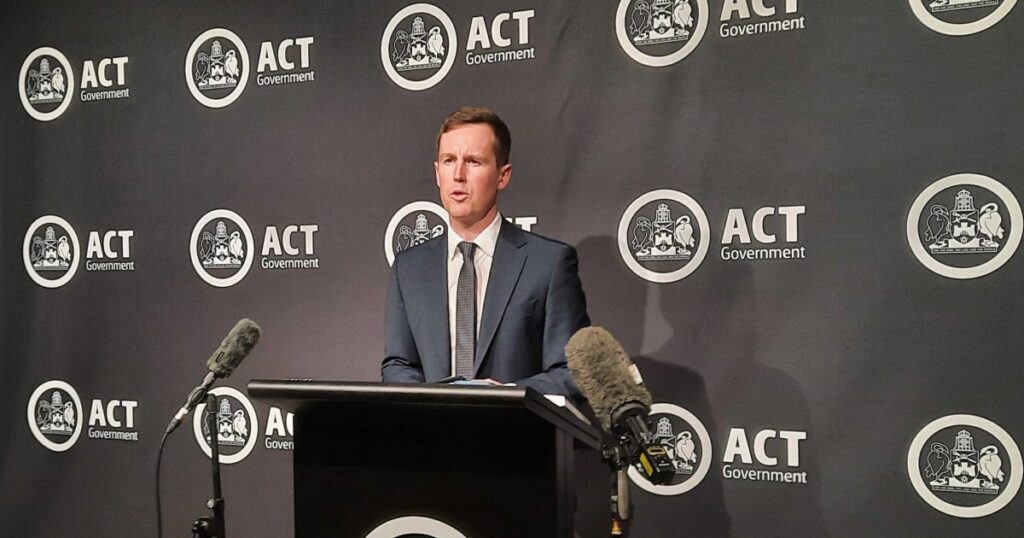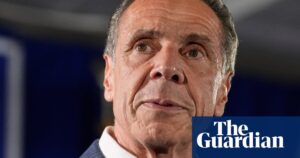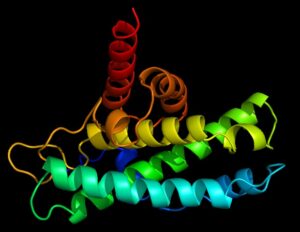
Canberra homeowners will now face a reduced $100 health levy, while large employers will see an increase in payroll tax as the ACT Government strikes a deal with the ACT Greens. This compromise comes after initial plans for a $250 flat levy on all property owners faced opposition, with the new measures set to be implemented before the 1 July deadline.
The government initially proposed the levy to bolster health spending over the next four years. However, after negotiations with the Greens, the levy has been adjusted to $100 for residential and rural properties, while commercial properties will continue to pay $250. In a bid to offset the reduced revenue, a 2% increase in payroll tax for large businesses with national payrolls exceeding $150 million will take effect from 1 January 2026.
Background and Negotiations
The decision to revise the health levy comes after the Greens vowed not to support the original budget measure, which was announced only a week prior. The ACT Government’s negotiations with the Greens were driven by the urgency of the situation, as rates notices were due to be distributed imminently, leaving little room for delay.
Treasurer Chris Steel emphasized that the revised levy would be implemented through a rates instrument and reviewed annually as part of future budget processes. This includes considerations within the context of ongoing negotiations on the new National Health Reform Agreement.
“This outcome reflects the government’s commitment to working collaboratively to ensure vital services are funded responsibly, without the need for deep cuts to public services or infrastructure investment,” said Treasurer Chris Steel.
Reactions from Key Stakeholders
Greens leader Shane Rattenbury acknowledged the urgency of the negotiations and described the changes as a significant win for the community, despite not being the Greens’ first choice. He highlighted the importance of making the budget fairer for those struggling financially.
Meanwhile, the Canberra Business Chamber has expressed strong opposition to the increased payroll tax, labeling it a “tax on jobs.” Chief Executive Greg Harford warned that the decision could have negative implications for Canberra’s competitiveness.
“The signals are deeply problematic for Canberra’s future,” Harford stated. “The next-highest payroll tax rate around the country is 6.1 per cent, meaning that for large businesses we will be 30 per cent less competitive than the next highest-taxing state.”
Harford further argued that the increased costs could lead to higher prices or job reductions in the ACT, stifling growth and innovation.
Political and Economic Implications
Canberra Liberals leader Leanne Castley criticized the revised levy, arguing that it still breaches the principle of universal healthcare. She attributed the need for new taxes to the ACT Labor’s alleged mismanagement of the budget.
Castley also raised concerns about the impact of the higher payroll tax on costs and investment in the region. In response, she has sponsored a petition to repeal the levy.
The health levy is expected to raise $206 million over four years to address a funding shortfall in the health system, exacerbated by increased demand and a declining contribution rate from the Commonwealth.
Looking Ahead
The ACT Government has agreed to review the timing of the budget and consider the Greens’ proposal to tax large corporations in future budgets. This development highlights the ongoing debate over how best to balance fiscal responsibility with the need to support essential services.
As the new measures take effect, the government will continue to face scrutiny from both political opponents and the business community. The outcome of these negotiations will likely influence future policy decisions and shape the economic landscape of the ACT.






